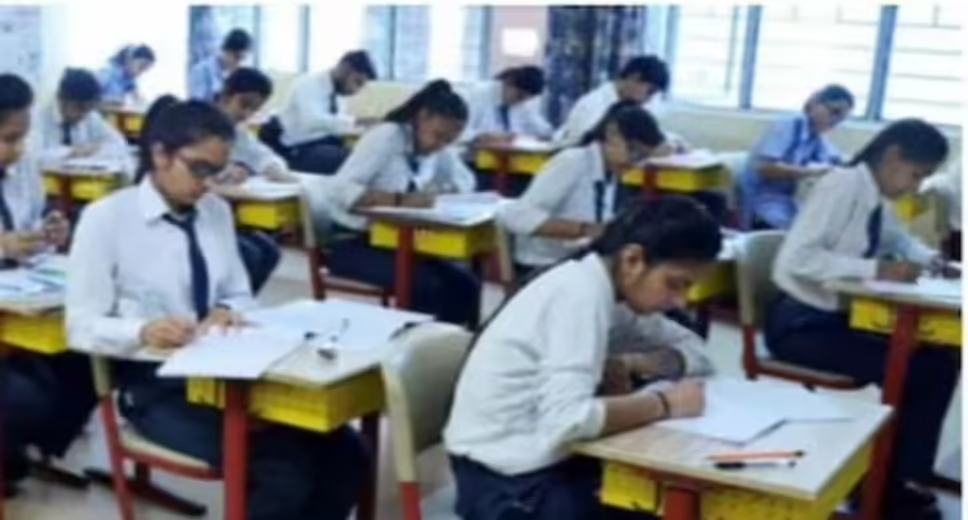Education ministry, PARAKH organise workshop on aligning curriculum standards

The Union Ministry of Education and the national assessment regulator, PARAKH, collaborated on Monday to host the inaugural workshop focused on school assessments, examination practices, and the standardization of education boards nationwide. Addressing the gathering, Sanjay Kumar, the Secretary of School Education, highlighted the existence of approximately 60 school examination boards operating across different states and Union Territories in India. The objective of this initiative is to establish a unified framework that facilitates smooth transitions for students migrating between diverse boards or regions.
Kumar emphasized the importance of aligning curriculum standards, grading systems, and evaluation methodologies to enhance the credibility and recognition of certificates and grades obtained from various boards. This reform, as outlined in the new National Education Policy, aims to address score disparities among students enrolled in different state boards. PARAKH, an acronym for Performance Assessment, Review and Analysis of Knowledge for Holistic Development, will play a pivotal role in establishing assessment guidelines for all recognized school boards. It will work towards eliminating inconsistencies in student assessments and evaluations by setting norms, standards, and guidelines.
The regulatory platform for this initiative will be developed by the National Council for Education Research, with the Education Testing Service, renowned for conducting key tests such as TOEFL and GRE, being selected for the task.
During the workshop, participants engaged in discussions concerning equivalence across educational boards, and PARAKH's concept and purpose were shared with multiple stakeholders. The prevailing culture of rote learning in the education system was critically examined, with a growing recognition that holistic assessments, encompassing various dimensions of a student's abilities and potential, hold equal significance. Furthermore, the importance of well-designed and standardized question papers was stressed, aiming to ensure fairness and consistency across schools and boards. Participants also called for striking a balance between formative and summative assessments, reducing the burden of high-stakes examinations, while effectively measuring students' progress. An analysis of examination results from secondary and higher secondary boards was also presented, adding valuable insights to the discussion.
